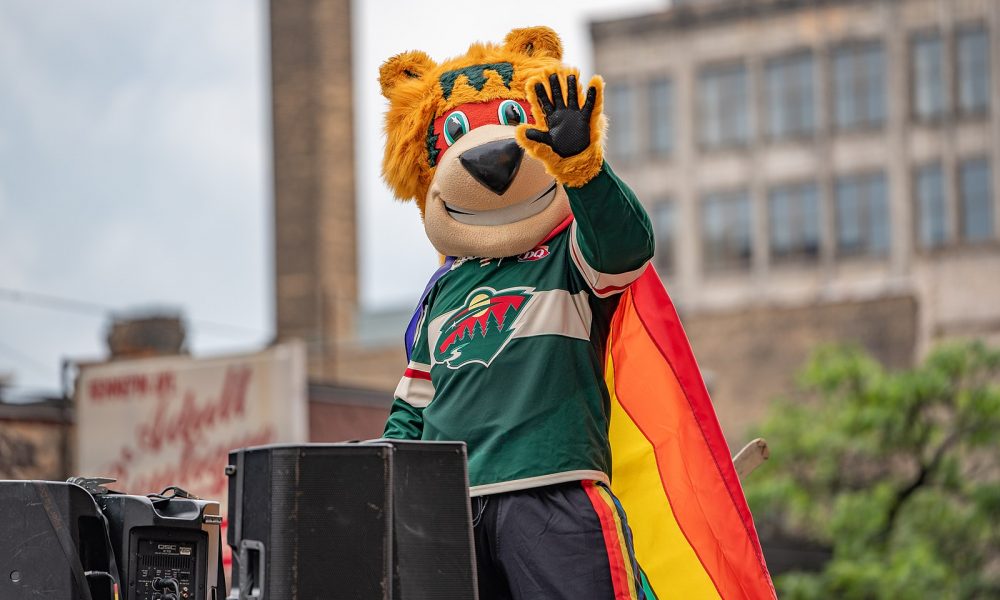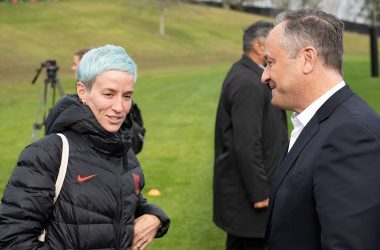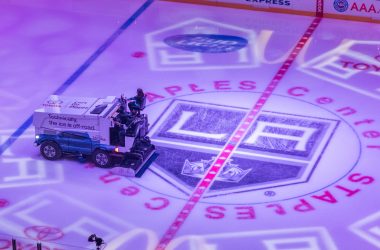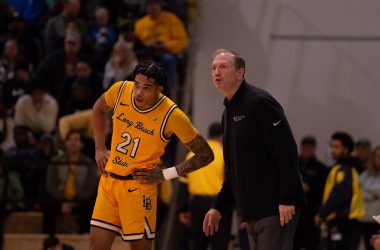While Pride month isn’t a month I can explicitly claim, I do consider myself to be an ally. In saying that, I believe that the sports community can do far better than what’s being done now.
Sports have long been considered masculine in nature and because of that, there has almost always been an added layer of toxicity in regard to gender and sexual orientation. To say there hasn’t been progress would be objectively wrong, but to say more can’t be done would be a damaging lie.
As progressive ideas have become more widely accepted, the stigmas attached to sexuality have begun to slowly fall. But in an industry as male-dominated as sports, this progress is being outdone by the setbacks that occur with each passing year.
For a long time, it felt like athletes from the Big four North American sports (NBA, NFL, MLB and NHL) would only come out after retirement, but that has since changed because of the likes of Jason Collins, Michael Sam, David Denson and most recently Carl Nassib. While none of the names jump out as stars, their off-the-field impact in all honesty is bigger than anything in sports.
Across these leagues we do now see some celebration of Pride month, but to what extent are the actions they’ve taken actually making an impact?
We’ve seen and heard in the past (Blackout Tuesday) how something as little as a profile picture change really matters, and when players within the league can opt out of the celebrations and festivities, what message does that send forward?
The MLB had the highest participation by any of the major sports leagues, with only 17/30 teams changing their logo to the Pride rainbow in 2023.
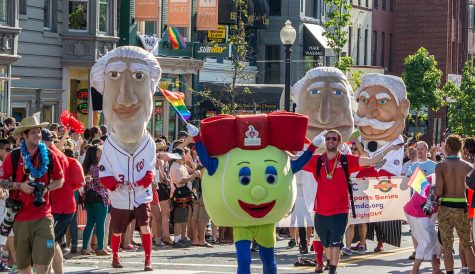
This, alongside other scheduled Pride events, was hit with heavy pushback, most notably in the case of the Los Angeles Dodgers, who pulled their event because of critics from multiple Christian and Catholic groups. They eventually came back with their tails between their legs and hosted an event anyway.
It was a spineless decision from an organization that showed their support is only considered worthwhile in the name of the metrics it received.
And to hear players like Clayton Kershaw denounce the events guests the Sisters of Perpetual Indulgence because of his faith showed why continued efforts to educate are necessary.
The Sisters of Perpetual Indulgence have received plenty of negative criticism, but if time and effort were put into researching the group it’d be apparent that their impact is positive. Starting in 1979, the group was one of the first charities to assist San Francisco’s gay community.
Since the turn of the century, they have raised over $1.5 million through donations and were also a part of the organization of the first AIDS Candlelight Vigil which is now an international event.
In the NHL, seven players opted out of Pride uniforms and another five in the MLB citing their faith as the reason.
Because of the players in the NHL’s refusal to wear the jerseys, the league has since decided to halt the motion altogether.
Something as simple as the Pride flag offends people and they claim its message shouldn’t be allowed in sports. Yet, another flag is flown proudly before, during and after each game in every professional stadium across the country.
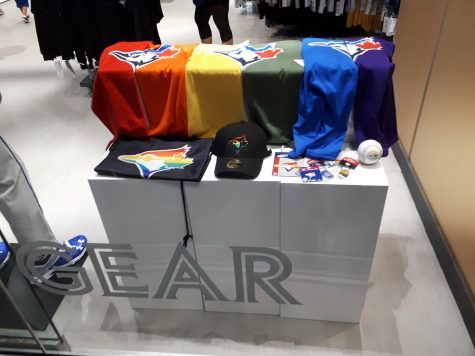
Sports being an escape from reality is a phrase you’ll hear from many patrons of their respective games. While I agree with this sentiment, I also think it’s used by many in the instance of Pride events as a form of masking closeted homophobia and bigotry.
Allowing events that help empower a marginalized community should never be viewed in a negative light, but in this instance, it has been. Until leagues buy fully in, it feels more like they are just virtue signaling.
For a crowd that, as mentioned, believes sports should be an escape from reality far away from politics; gestures to the nation, military, police and other government services are inherently political and happen at every game.
What isn’t political is the support of human rights issues, end of story.

